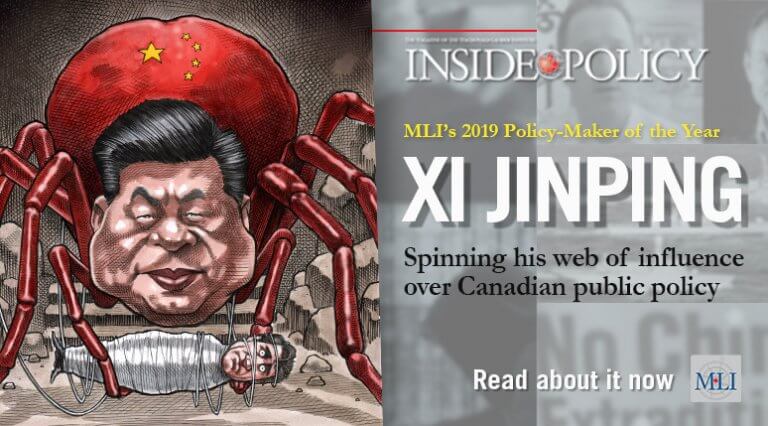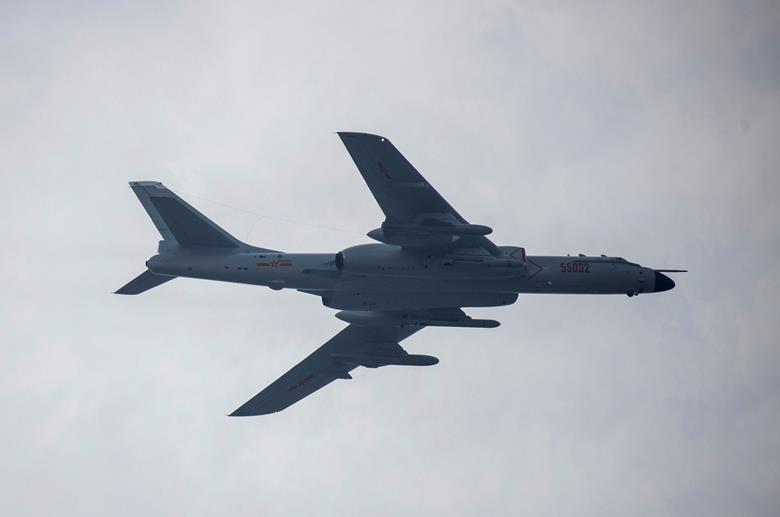- Reaction score
- 7,550
- Points
- 1,360
Hmmmmm ...
The founder of Huawei says the Chinese tech giant is moving its U.S. research center to Canada due to American sanctions on the company.
In an interview with Toronto's Global and Mail newspaper, Ren Zhengfei said the move was necessary because Huawei would be blocked from interacting with U.S. employees.
Huawei Technologies Ltd. is the No. 2 global smartphone brand and the biggest maker of network gear for phone carriers. U.S. authorities say the company is a security risk, which Huawei denies, and announced curbs in May on its access to American components and technology.
The Trump administration announced a 90-day reprieve on some sales to Huawei. The government said that would apply to components and technology needed to support wireless networks in rural areas.
Ren gave no details but Huawei confirmed in June it had cut 600 jobs at its Silicon Valley research center in Santa Clara, California, leaving about 250 employees. A Huawei spokesman said the company had no further comment.
``The research and development center will move from the United States, and Canada will be the center,'' Ren said in a video excerpt of the interview on the Globe and Mail website. ``According to the U.S. ban, we couldn't communicate with, call, email or contact our own employees in the United States.'' ...






